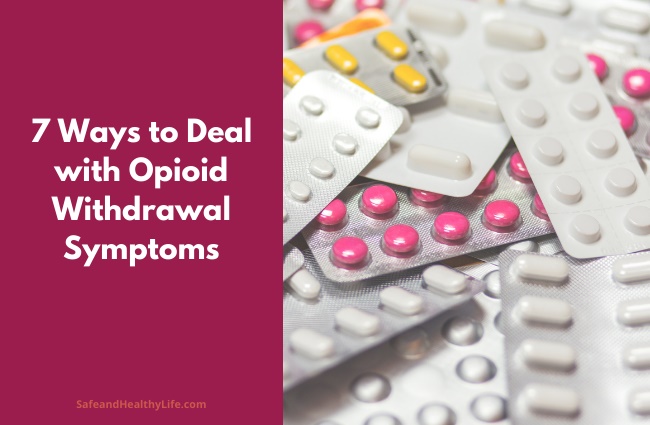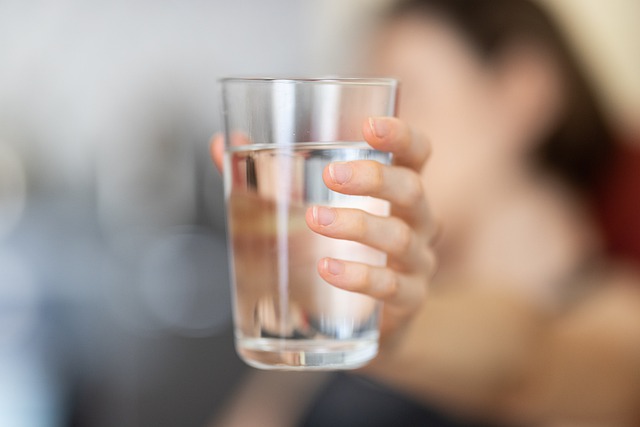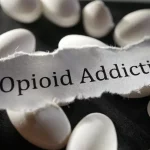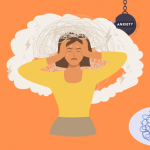
Opioids are painkillers medication that comes with outstanding benefits to help patients feel better. They are considered one of the most effective and beneficial painkillers used in the world.
However, as with any medication they come with negative side effects and one of the biggest problems that come with opioid usage is addiction. It occurs when people misuse the medication and is also known as substance abuse.
The symptoms start when you can’t stop taking the medication or you need to get more than what your doctor prescribed you. Opioid addiction affects your life causing health, relationship, and even death if you go through an overdose.
Recognizing that you are suffering substance abuse is the most difficult step and overcoming it will not be easy and one of the hardest parts is dealing with withdrawal symptoms.
This article will focus on what are opioid withdrawal symptoms and what you can do to feel better.
What Is Opioid Withdrawal?
First, we need to understand how opioids work in your body. They attach to opioid receptors in different parts of your brain and release increased levels of dopamine, a neurotransmitter that makes you feel pleasure and is one of the main contributing factors to addiction.
When you take them for too long you start to build tolerance and you need a larger dose to get the same effect as you used to and then you will become dependent on the medication.
When you stop taking the medication you start to experience symptoms of withdrawal because your body is used to the effect of the opioids.
Some of the symptoms that you would notice are anxiety, sweating, high blood pressure, diarrhea, increased heart rate, body aches, hallucinations, seizures, and others that are very uncomfortable and make it more difficult for you to go through the recovery process.
The symptoms start within 12 hours after you stop taking the medication and last up to 2 weeks.
Here are some tips that will help you overcome this difficult step and start to recover your life.
1. Exercise

Photo Credit: Unsplash
The is no doubt that exercise is good for your mental and physical health, it helps you release endorphins that make you feel pleasure, reduces your anxiety levels, and helps you deal with joint pain, all of which are withdrawal symptoms.
This is an affordable and easy way to improve your symptoms. You don’t need to get sign up in a gym or hire a professional trainer, just walking 30 minutes a day while listening to your favorite music is enough to make you feel better.
2. Eat Healthy Snacks
When you deal with an addiction you tend to stop taking care of yourself, you don’t exercise and you don’t care about eating healthy food, you get used to junk food or don’t eat at all.
When you experience withdrawal symptoms you tend to eat more or less than usual and part of feeling better means taking care of yourself which includes eating better. Start to incorporate more vegetables, fruits, and healthy protein into your diet.
Your body will have more energy to deal with those hard times and it will improve many symptoms such as fatigue, high blood pressure, and diarrhea.
3. Drink a Lot of Water

Photo Credit: Pixabay
When you stop using opioids your body goes through a detoxification process to get rid of the high levels of medication in your blood and restore your body to a healthy state.
Vomiting and diarrhea are common symptoms that cause dehydration. It is important that you drink a lot of water, these days you can buy water bottles that come with motivation messages and the exact amount of water you need to drink so you can check your progress. It helps you adjust your body to opioids withdrawal.
4. Meditation
You don’t have to be a spiritual person to practice meditation and enjoy all its benefits. When you are in the recovery process of your withdrawal addiction there will be many times when you feel like you want to quit and it is easier to go back to taking the drugs, you lose motivation and forget why you are doing all of this.
Meditation is an excellent way to connect with yourself, find inner strength, motivation and gain self-love. It helps you relax your body to reduce anxiety and high-stress levels.
You can schedule private or group classes or if you want to spend any money there are thousands of videos on the internet from experts who guide you through the process even if you are a beginner.
5. Find a Hobby

Photo Credit: Pexels
Do you feel like the only thing in your mind are your withdrawal symptoms and how bad you are feeling?
Something that can help with that is to find a hobby, do something that you love and it will help distract your mind from negative thoughts, reduce your anxiety levels and concentrate on something that you love.
It can be anything, from learning a new language to playing a musical instrument to practice a sport or start dance classes.
6. Use of Over-the-Counter Medication
You can use acetaminophen and ibuprofen for joint pain and body aches and loperamide for diarrhea. These are OCT medications that won’t slow your recovery process and it will be easier to help deal with the withdrawal symptoms.
Just be sure to never use it in amounts larger than the recommended dosage, if you feel they are not helping then consult with your doctor.
7. Find Support

Photo Credit: Unsplash
Recovering from addiction should never be something that you do by yourself, it is dangerous, and your chances of succeeding are low.
You should always work with a team of professionals who are qualified and licensed to help you in the best way they can. You can find a support group, go to a detoxification center.
The MAT Texas website provides a great article on the benefits of undergoing a treatment program. Check it out and learn how it can help you improve your life. You already took the hardest step which is deciding to change.
About The Author:
Kendrick Sonnemann is a recent college graduate of Texas A&M University that has developed a passion for writing and bringing his ideas to life. As a freelance writer in the Dallas, TX area, he has written countless articles to help promote his personal writing brand.

![[Infographic] Dangerous Trends in Opioid Abuse in Illinois Infographic](https://www.safeandhealthylife.com/wp-content/uploads/2017/03/Infographic.png)


